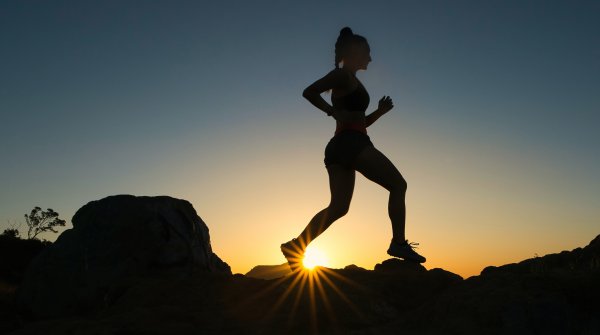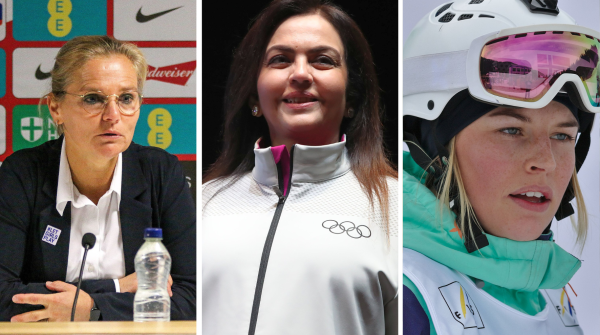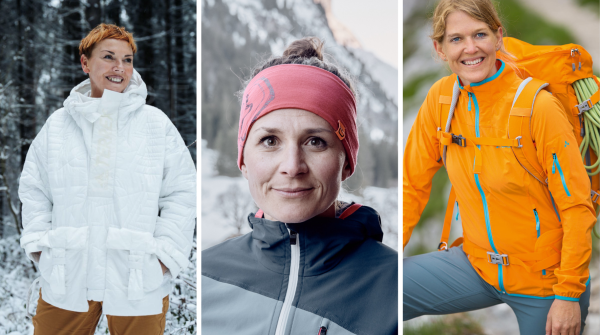Three children, three divorces - Gordon Herbert says of himself that the number 3 plays an important role in his life. But in addition to his private life, he also likes to think in steps of three when it comes to sport: After winning bronze at the 2022 European Championships at home and the 2023 Basketball World Cup, an Olympic medal in 2024 would be his third coup as coach of the German hoopsters in three years. "That's our goal," says the 65-year-old. And he also reveals his tactics for getting there in the interview.
"Before the World Cup, we talked about three points that we need to improve on. I emphasized these points again and again." Because it's easier to remember three than five or seven things that need to be improved. "We follow the same principle before the Olympics." The biggest psychological hurdle is not to rest on last summer's success, but to improve and to believe that the team can achieve even more.
Herbert often draws on sports psychology knowledge from his studies for his coaching job, but also on tricks that he has learned from his players or from other coaches. Although the Canadian describes himself more as a "field hockey guy" and prefers to watch ice hockey rather than soccer, he has nevertheless learned a thing or two from soccer coaches. His premise: "Whether you're in soccer, basketball or ice hockey - as a coach you can usually transfer things from others to your sport and style. You never stop learning."
It is also important for him to exchange ideas and to have sparring partners and mentors when he wants to talk something through or get an opinion. "You don't need seven or eight people, but you do need two or three." This gave rise to his philosophy and, above all, the vision with which he coaches the national team. "I firmly believe that the pressure shouldn't be greater than the joy of the job. That's exactly what we've tried to do with the national team."
In his words, it shines through how important communication between the team and coach is to him. But Herbert also emphasizes how important it is to bring out the individual skills of the players on the pitch and to build a harmonious team from them. Naturally, not all candidates make it into the team from qualification to the tournament. Some players have to be cut. Herbert also maintains close contact with them. He explains: "There were around 30 players who helped us to qualify but were not part of the final squad. These players were also hugely important along the way and shouldn't be forgotten." Such recognition is very important for the team structure, as the basketball coach works with many extremely talented young people who were able to become so successful in the first place because of their big egos and strong character traits - see captain Dennis Schröder. They have to be managed.
"I have an ice hockey background, so I also like players who are ambitious and enthusiastic. So I'd rather tame a lion than teach a cat to roar. I don't mind a bit of conflict and competition as much as having to push the players to fight harder and play harder. Sometimes as a coach you even create these conflict situations to see if the players are resilient enough or not."
As a person and coach, Gordon Herbert exudes an incredible sense of calm. He likes to go salmon fishing, has a house in Finland, where he was active as a player for a long time, and would describe himself as an outdoor person who loves nature and hates cities and traffic. The hustle and bustle on the sidelines in the basketball hall, on the other hand, doesn't bother him. "As a coach, I'm in the tunnel and don't notice much of it. It's more something you notice in the stands. I concentrate on the court and the players, I don't even notice what's going on around me."
If you look at how balanced Herbert is as a person and coach today, it's hard to imagine how he used to freak out on the sidelines. "As a young coach, I often let my emotions get the better of me. But you don't necessarily need that to lead a team. That also says a lot about the German national team, because I never had to demand performance and teamwork. When you have to demand that, emotions come to the fore more." Sometimes he would like to convey his emotions differently, but as a coach it is important to him above all to be authentic.
After soccer, basketball is the most popular sport worldwide. Nevertheless, Gordon Herbert still sees potential for growth in Germany: "The world championship title has increased the number of spectators in the German basketball league and more children have started playing. In two or three years, we'll have to see if it continues like this." He believes that the Olympic Games in Paris will play an important role and expects exciting games: "Serbia will be better with Nicola Jokić, the USA will come with LeBron James and Co. and Canada and Australia have ten to twelve NBA players. The French will be motivated as hosts, then Greece will probably qualify and Spain too - that will be great for basketball! It can be an extraordinary opportunity to grow as a sport."
The favorable seasons from the European public's point of view also make a difference. However, he denies whether he puts himself under a lot of pressure as a coach. "I want to enjoy my time with the team, because as a coach, those were the best moments of my life. Which has to do with the incomparable players we have."
"Our world is changing all the time, whether in business or sport. So my message would be to constantly adapt. Getting creative and thinking outside the box is part of that." He doesn't do this often enough himself. That's why Herbert likes to surround himself with creative people and their ideas. He also relates these new perspectives, which sport constantly needs, to basketball: "A change is also taking place in the NBA. The old hardliners are becoming fewer, but a different caliber of coach is coming in. I was one of these hardliners myself at the start of my coaching career. But the landscape is changing. And that's why we have to change too. Because the landscape does what it wants."
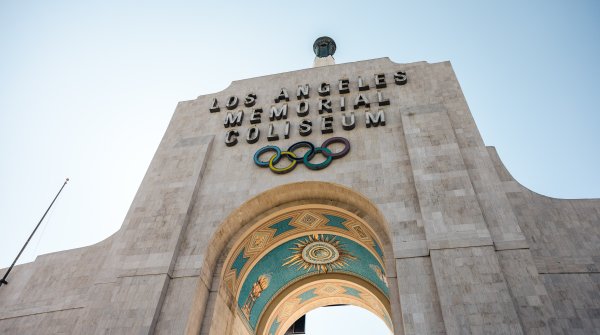 Sports BusinessNew trend sports at the 2028 Olympics
Sports BusinessNew trend sports at the 2028 Olympics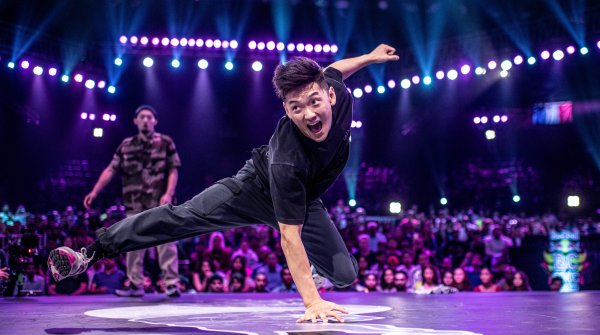
- Awards
- Mountain sports
- Bike
- Fitness
- Health
- ISPO Munich
- Running
- Brands
- Sustainability
- Olympia
- OutDoor
- Promotion
- Sports Business
- Textrends
- Triathlon
- Water sports
- Winter sports
- eSports
- SportsTech
- OutDoor by ISPO
- Heroes
- Transformation
- Sport Fashion
- Urban Culture
- Challenges of a CEO
- Trade fairs
- Sports
- Find the Balance
- Product reviews
- Newsletter Exclusive Area
- Magazine



